-
About
- About Listly
- Community & Support
- Howto
- Chrome Extension
- Bookmarklet
- WordPress Plugin
- Listly Premium
- Privacy
- Terms
- DMCA Copyright
- © 2010-2025 Boomy Labs
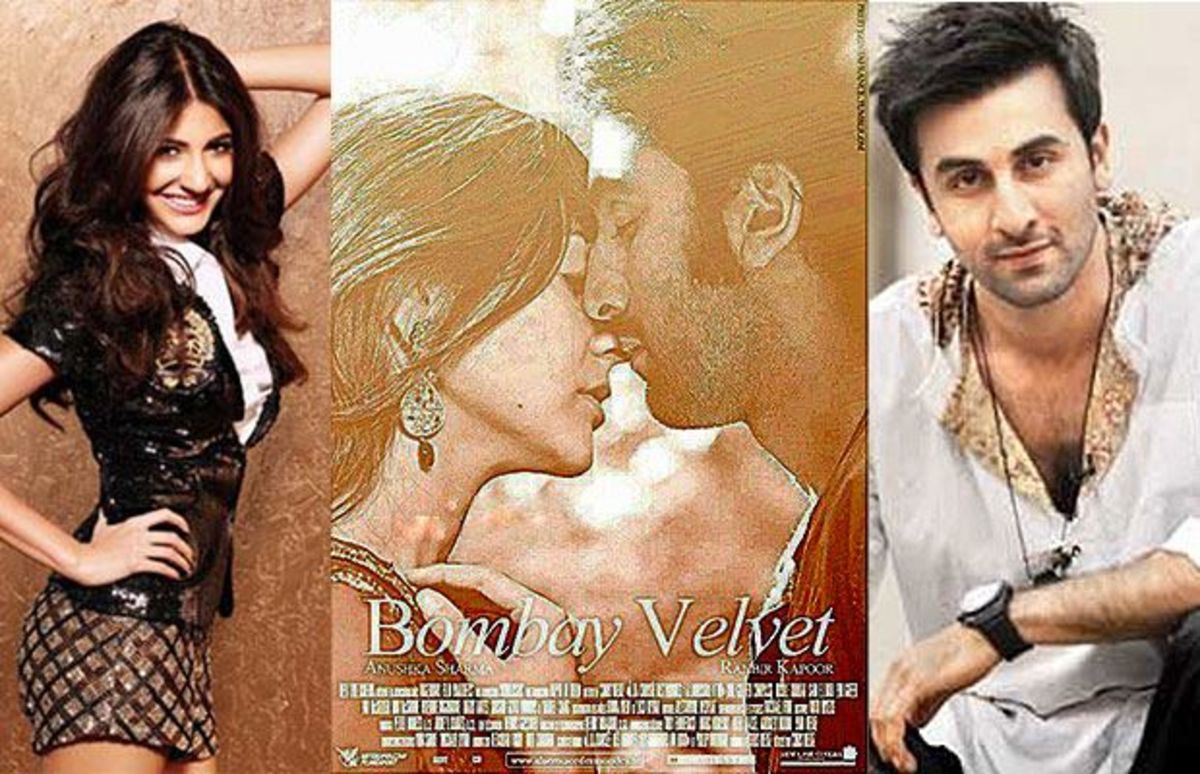

 Soubin Nath
Soubin Nath
Listly by Soubin Nath
Bombay Velvet is an Indian period crime drama film directed and co-produced by Anurag Kashyap, based on historian Gyan Prakash's book Mumbai Fables. It stars Ranbir Kapoor, Anushka Sharma and Karan Johar in lead roles with Kay Kay Menon, Manish Choudhary, Vivaan Shah and Siddhartha Basu appearing in supporting roles. The film was released on 15 May 2015 to mixed-negative reviews from critics and underperformed at the box office. Here are the top 10 reviews on this movie by famous medias.
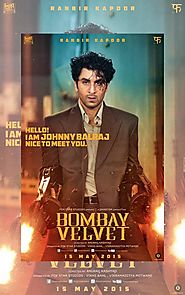
Review - 3.5/5
It's 1969 in a Bombay of Prohibition but no inhibition, with money in the sea breeze, land sharks cutting deals and gangsters carving up competition. Ambitious Johnny Balraj (Ranbir), dreaming of becoming a big shot, is used by ruthless magnate Kaizaad Khambata (Karan) to fix business and settle scores. Johnny adores jazz singer Rosie (Anushka) and with buddy Chiman (Satyadeep), manages Kaizaad's Bombay Velvet nightclub where Rosie performs.
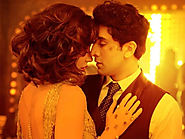
Review - 2.5/5
The most striking aspects of Bombay Velvet are its evocative visual texture and its lush and layered sound design.
But these, unfortunately, can only be external accoutrements for an ambitious film that clearly aspires to be infinitely more than the sum of its superficial parts.
Meticulous is indeed the word to describe the way director Anurag Kashyap and his team recreate the eventful past of an urban sprawl that was carved out of seven separate islands and turned into one landmass through multiple reclamations from the sea.
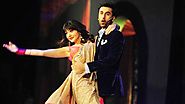
Review - 2/5
Based on historian Gyan Prakash’s excellent original work (he’s also co-written the movie), ‘Bombay Velvet’ is the story of all these characters trying to find their place in the late 60s Bombay. It was the era of Prohibition, rising brawny action heroes, flashy media moguls parlaying power and gossip, jazz bars spilling over with illicit liquor and dirty money, and rapacious builders.
It was also the Bombay of dying mills, blue-collar desperation and fiery trade union leaders. By then, it was already the eternally seductive city paved with gold– the place people came to dream and to despair, forming the unending cycle which still is its reigning double-edged leitmotif.
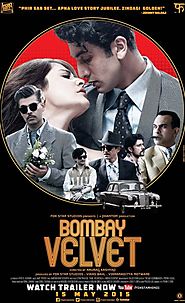
Review - 3.1/5
An ordinary man goes against all odds and forges his destiny to become a 'Big Shot'.
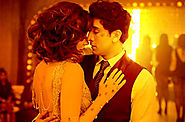
Review - 3/5
Anurag Kashyap’s Bombay Velvet begins with a mention of Martin Scorsese’s name and bears an imprint of the maverick filmmaker’s style in most of its 150 minute length. An impressionable Balraj (Ranbir Kapoor) watches a James Cagney (The Public Enemy, Angels With Dirty faces) film and decides to become a ‘big shot’ in life. He eventually becomes one, but the cost he pays for it is almost similar to what the mainstream Hindi film heroes used to pay in the ‘80s. Where is the difference then? In the canvas and the mammoth pre-production. But before we get into the heart of the matter, let me introduce you to the basic storyline of the film.
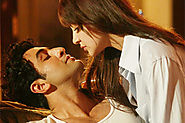
Review - 3.25/5
Brilliant and painstakingly detailed production designing makes sure that you are left with no doubts about where you are being sent back to, and combine that with the heady mix of robust jazz music (music director Amit Trivedi), and the magic is half done.
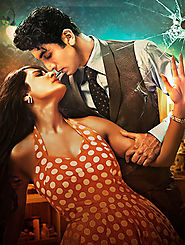
Review - 2/5
Bombay Velvet is an obviously shallow film, an all-out retro masala-movie with homage on the rocks and cocktail-shakers brimming with cliche, says Raja Sen.
There are some filmmakers who scoff at the very notion of historical accuracy -- like Oliver Stone or Quentin Tarantino -- and Anurag Kashyap is one of that bunch, a man who prefers to create his own sumptuous version of history.
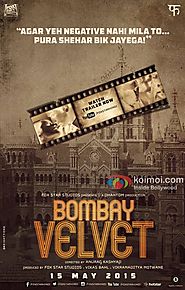
Review - 2/5
Anurag Kashyap has always been hailed as the kingpin of alternative cinema in Bollywood by many of his peers. But when someone who is an expert in one thing tries to work on a different expertise, the final result may either be something incredible or an ultimate disappointment. With Bombay Velvet, Anurag Kashyap goes hardcore commercial, as he works with a big star like Ranbir for the first time. The movie had created a lot of curiosity when it was first announced, due to the people and the production values involved. The trailers of the film, however, had been a mixed bag. Let’s see how the final product fares…
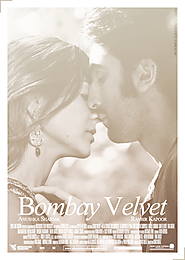
Review - 3/5
Bombay has been the centre of money-making business because of its mills and proximity to docks. So, capitalists and builders were hooked onto turning Nariman Point skyline into one like that of Manhattan, facing revolt from the oppressed classes.
Set in the 1960s ( and which looks like maverick filmmaker Martin Scorsese's setting) the story begins with Balraj's (Ranbir Kapoor) obsession with becoming a `big shot'. Having lived on the streets, and fighting poverty, Balraj and his friend Chimman grow up to be small time goons. Balraj, as a street-fighter looks no less than a cupcake, ready to be eaten, but is still a knock-out despite swollen eyes. Their ambition of making it huge is met when they are brought to Kaizad Khambatta (Karan Johar), a media baron who fuels Balraj's passion.
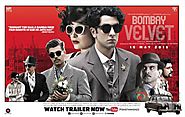
Review - 3/5
Make no mistake, Bombay Velvet is an epic. Its sense of achievement is only rivaled by its ambitions. Anurag Kashyap set out to make a film that even Hollywood (read Martin Scorsese) would be proud of. One look at its visuals and you’d say he achieved his target too. But a film is much more than just its technical prowess and/or the director’s vision. A key area of any commercial film, the writing, dodders in Bombay Velvet, especially in the third act as well as some important dialogue. It leaves you a little underwhelmed. It’s disappointing all the more because the build-up is so fascinating and the performances are stellar. If only the writers had stayed away from the party-pooping clichés.

Born and brought up in Kerala, India. Now in Mumbai, India doing first year of my Masters in Film Studies (M.A)..